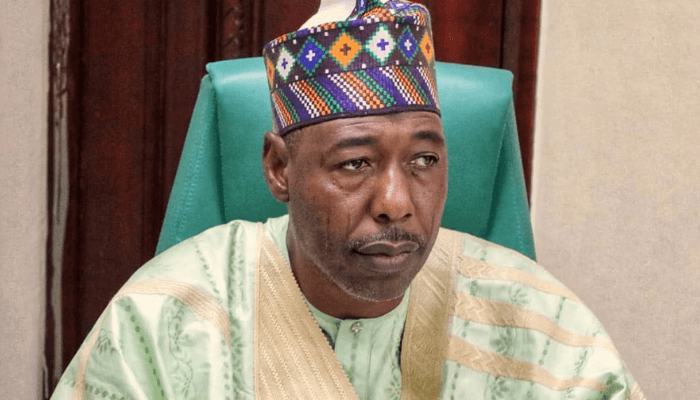World Bank economists, Jonathan Lain, Senior Economist, and Utz Pape, Lead Economist for Poverty and Equity Global Practice, have expressed reservations about the efficacy of retail and wholesale trade jobs as a viable means to alleviate poverty in Nigeria.
They suggest that these positions may not serve as a dependable pathway out of the country’s escalating poverty crisis.
In their comprehensive blog post, the economists shed light on the intricate nature of the Nigerian labor market, emphasizing that not all jobs within the retail and wholesale trade sector offer a substantial solution to poverty, despite their accessibility across various economic demographics.
This insight comes amid Nigeria’s formidable challenges in reducing poverty, further intensified by economic recessions and inflationary pressures.
The economists’ analysis underscores the need for a nuanced approach to addressing poverty in Nigeria, recognizing that the nature of employment plays a crucial role in determining its effectiveness as a poverty-reduction strategy.
“Retail and wholesale trade jobs offer no guarantee to exit poverty. Unlike jobs in industry and other types of services which are concentrated in richer households, retail and wholesale trade workers are found right across the whole welfare distribution,” they said
They added, “In fact, despite growing in the 2000s, labour productivity in services began to decline following the oil price-induced recession in 2016. Thus, it is possible that new workers entered services to cope with income losses, without necessarily finding high-productivity jobs. This was exactly what happened during the COVID-19 crisis.
Despite a decade of positive per capita growth leading up to the COVID-19 pandemic, Nigeria has grappled with formidable challenges in reducing poverty. Economic difficulties, including deep recessions and soaring prices, have driven nearly half of the population below the national poverty line.
Nigerian retailers, wholesalers may not escape poverty – World Bank economists
Economists highlight that despite employment for many Nigerians, the nature of their work falls short of lifting them out of poverty. In contrast to countries like Brazil, Mexico, and Malaysia, Nigeria’s productivity gains in services lag significantly.
Lain and Pape argue that Nigeria needs policies focused on substantial structural transformation, involving the integration of firms into global value chains, attracting foreign direct investment, and ensuring a stable macroeconomic environment through fiscal and exchange rate reforms.
As Nigeria confronts the imperative to address its escalating poverty challenge and leverage its demographic dividend, the demand for evidence-based policies that generate sustainable employment and uplift people out of poverty has reached a critical juncture.











